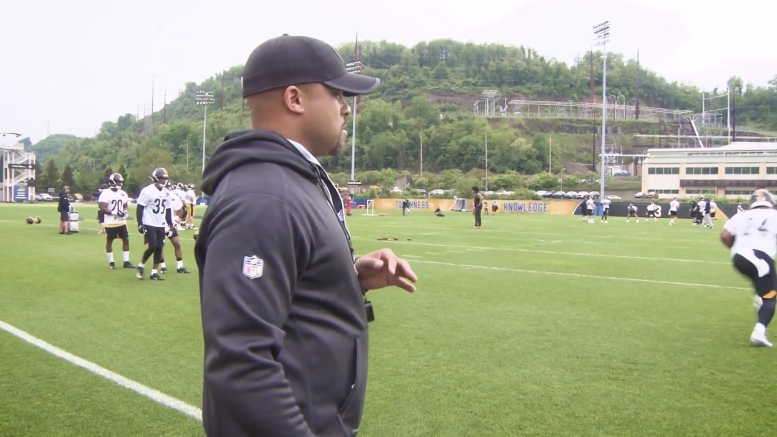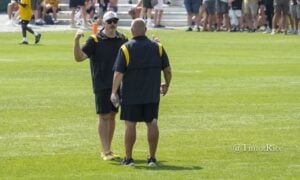The Pittsburgh Steelers are now into the offseason, following a year in which they had high hopes for Super Bowl success, but ultimately fell short of even reaching the postseason at 8-8. It was a tumultuous season, both on the field and within the roster, and the months to follow figure to have some drama as well, especially in light of the team’s failure to improve upon the year before.
The team made some bold moves over the course of the past year, and some areas of the roster look quite a bit different than they did a year ago, or even at the start of the regular season. Whether due to injuries or otherwise, a lot has transpired, and we’re left to wonder how much more will change prior to September.
How will Ben Roethlisberger’s rehab progress as he winds toward recovery from an elbow injury that cost him almost the entire season? What about some of the key young players, some of whom have already impressed, others still needing quite a bit of growth? Will there be changes to the coaching staff? The front office? Who will they not retain in free agency, and whom might they bring in?
These are the sorts of questions among many others that we have been exploring on a daily basis and will continue to do so. Football has become a year-round pastime and there is always a question to be asked, though there is rarely a concrete answer, as I’ve learned in my years of doing this.
Question: Can Mike Tomlin establish a coaching tree during the final leg of his tenure as head coach?
Whether justified or not, one of the many metrics that often gets cited to determine who the great coaches are is whether or not the coaches who work under him go on to have great success of their own. Some great head coaches have been able to produce multiple others who have gone on to have very good careers themselves as head coach.
The closest thing Tomlin has to that would be Bruce Arians, who served as wide receivers coach and then offensive coordinator. He was promoted to offensive coordinator in 2007 when Tomlin was hired, but was ‘refired’ after four seasons. It was only after that that he earned head coaching positions.
Not many of Tomlin’s coaches have experienced much upward mobility, receiving promotions from other organizations, and I can’t think of any that Tomlin himself first hired. Part of this is because some have taken jobs in the college ranks. He also has a slight preference for older and established coaches who are generally beyond the point of consideration as an ‘up and comer’.
But with the recent additions over the past two seasons of coaches like Eddie Faulkner, Matt Canada, and Ike Hilliard, is this his opportunity to build a ‘coaching tree’? Head coaches don’t bring people aboard with an eye toward losing them, of course, but they generally do advocate for their abilities when they have the opportunity to interview for a promotion.








